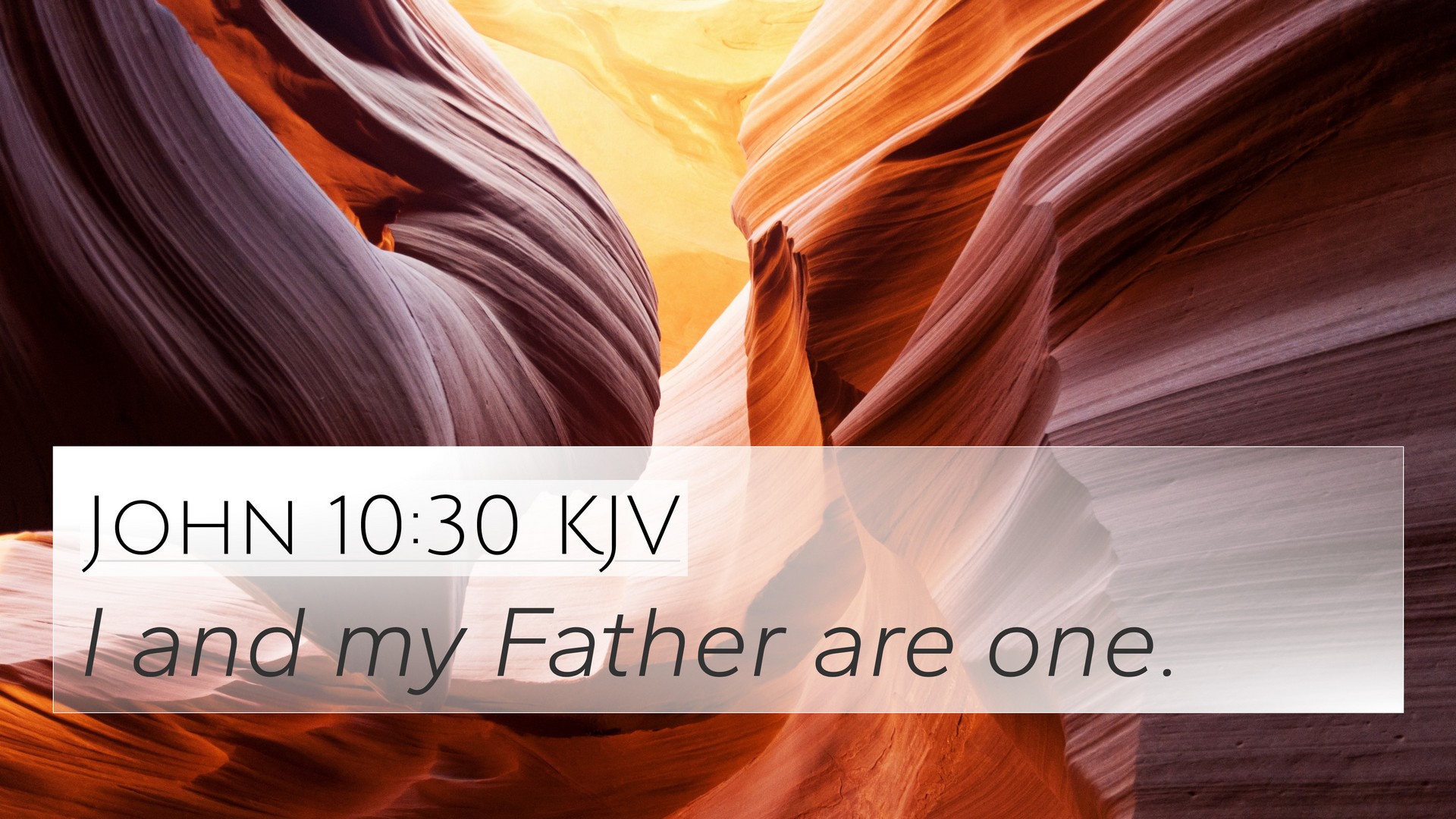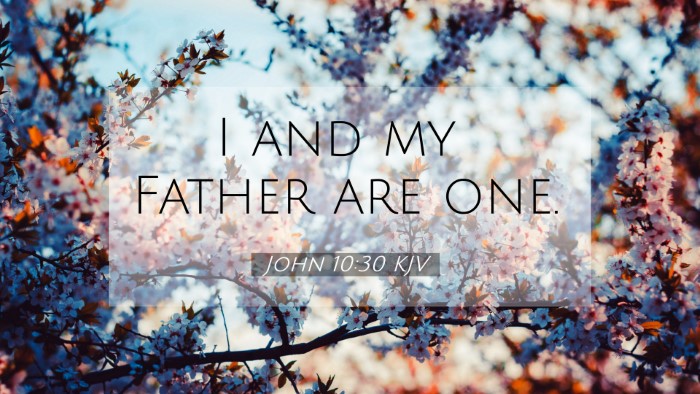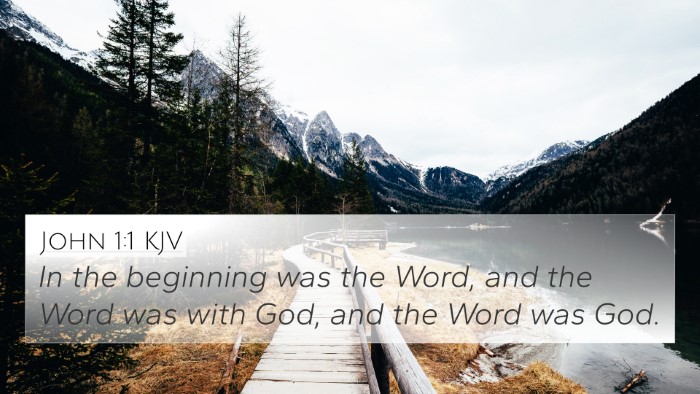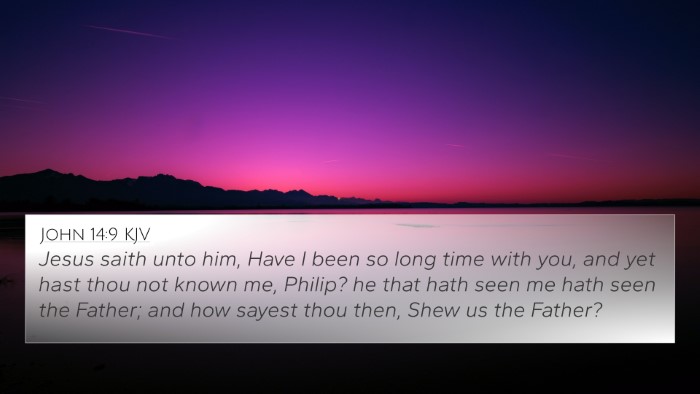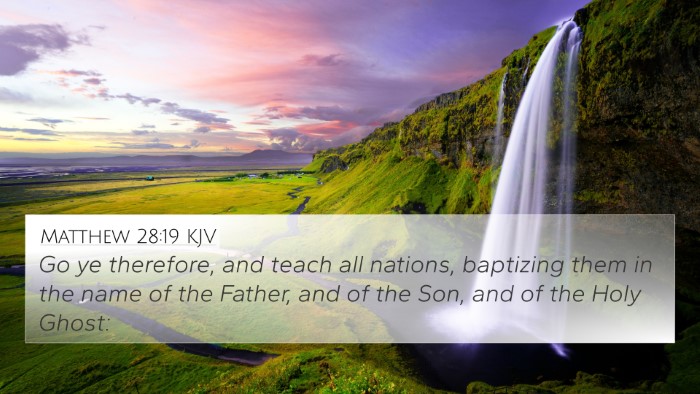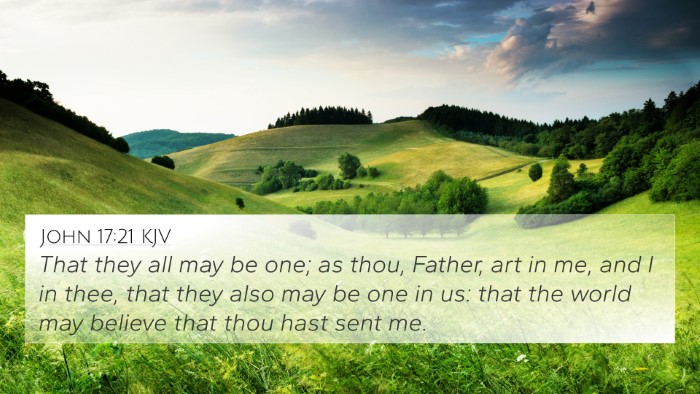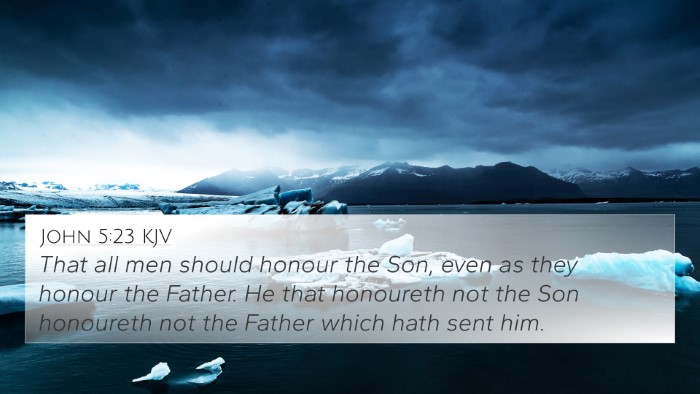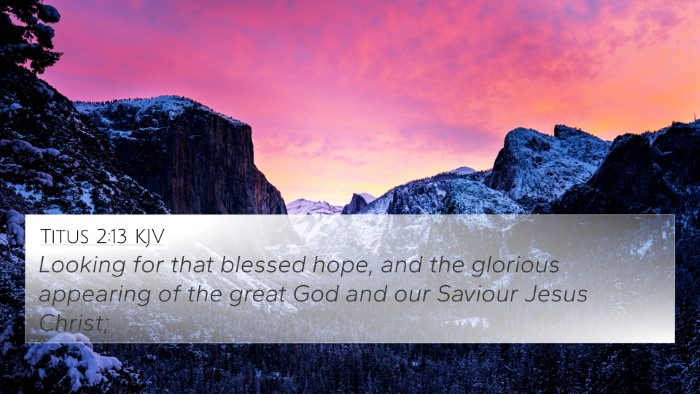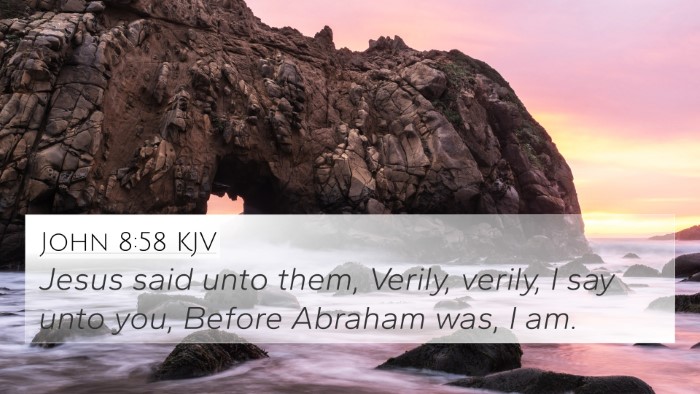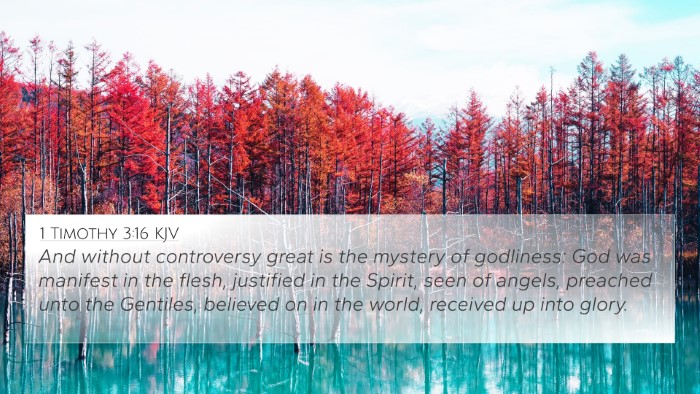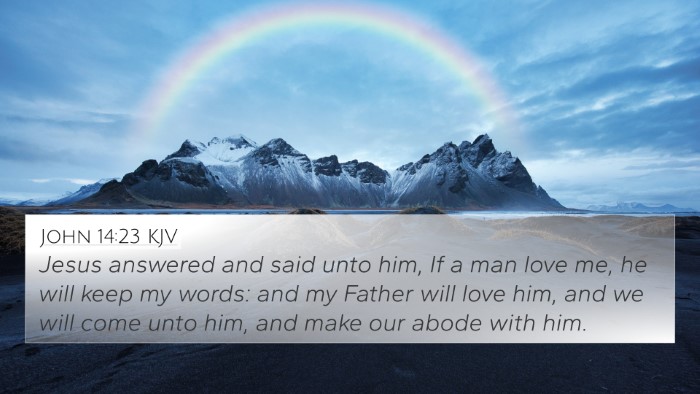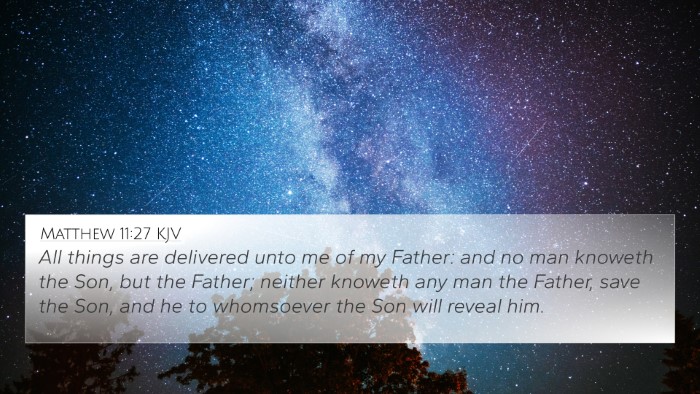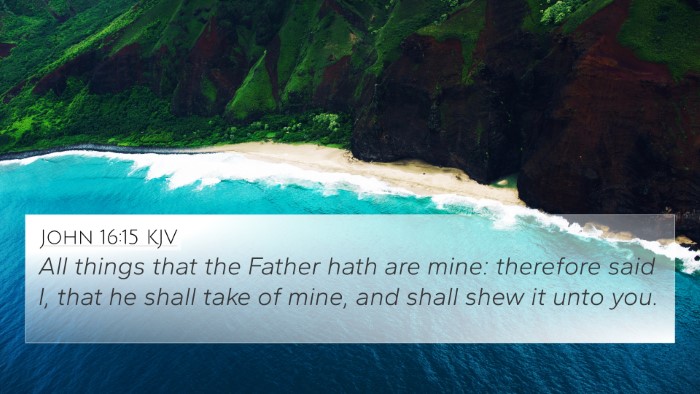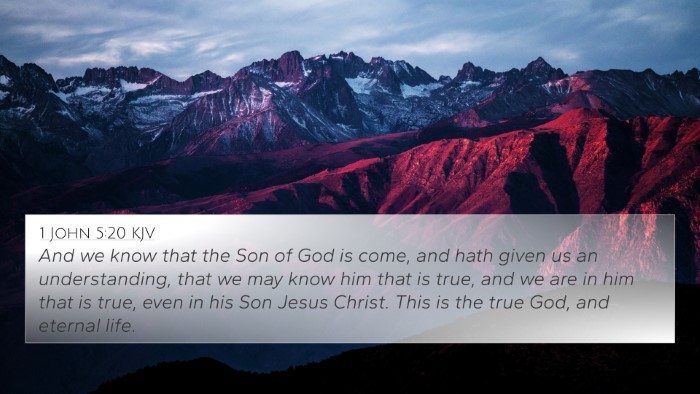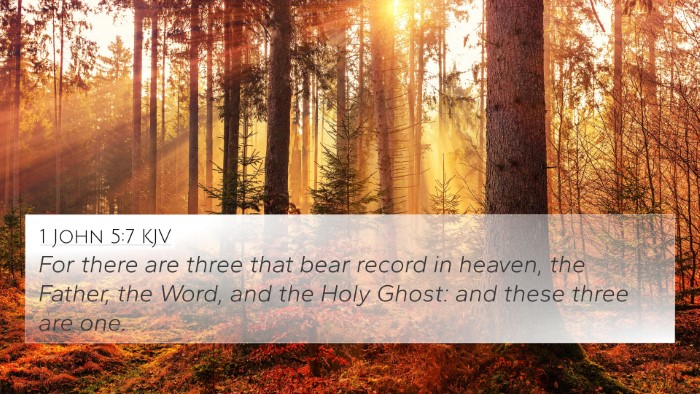Understanding John 10:30
Verse: "I and my Father are one."
John 10:30 is a profound statement made by Jesus that is rich in theological significance and has been the subject of numerous commentaries throughout Christian history.
Commentary Insights
This verse illustrates the deep and essential unity between God the Father and Jesus Christ, affirming both their divine nature and the intimate relationship they share.
Matthew Henry's Commentary
Matthew Henry emphasizes that this declaration reflects not only unity in purpose but also in essence. He states that Jesus is asserting His divine authority and His equality with God.
Albert Barnes' Commentary
Albert Barnes points out that this verse underscores the unity of action and will between Jesus and the Father. He argues that through this unity, Jesus exemplifies perfect obedience, making it clear that whatever the Father does, the Son also does.
Adam Clarke's Commentary
Adam Clarke provides a theological perspective that Jesus, in stating 'I and my Father are one;', displays a oneness that surpasses mere agreement or purpose. It denotes a shared divine essence, crucial for understanding the nature of God in Christianity.
Thematic Connections
John 10:30 connects with several other Bible verses that further elucidate the theme of divine unity:
- John 1:1 - "In the beginning was the Word, and the Word was with God, and the Word was God." This verse highlights the divine nature of Jesus as the Word.
- John 14:9 - "He that hath seen me hath seen the Father." This reinforces the idea that seeing Jesus is equivalent to seeing God the Father.
- Philippians 2:6 - "Who, being in the form of God, thought it not robbery to be equal with God." This verse supports the view of Jesus’ equality with the Father.
- Colossians 1:19 - "For it pleased the Father that in him should all fullness dwell." This affirms the full divine presence in Jesus.
- Hebrews 1:3 - "Who being the brightness of his glory, and the express image of his person." This indicates Jesus as the visible representation of God.
- John 17:21 - "That they all may be one; as thou, Father, art in me, and I in thee." This expresses the relational unity among believers mirroring that of Jesus and the Father.
- John 5:19 - "The Son can do nothing of himself, but what he seeth the Father do." This emphasizes the cooperative work between the Father and the Son.
Cross-Referencing Biblical Texts
When studying John 10:30, it can be useful to engage in comparative Bible verse analysis through cross-referencing biblical texts. Here are some tools and methods for effective cross-referencing:
- Bible Concordance: A tool to find verses based on specific keywords.
- Bible Cross-Reference Guide: A guide providing related verses for thorough study.
- Cross-Reference Bible Study: Methods for examining connections between scriptures.
- Bible Chain References: A systematic way of linking related verses from different books.
Practical Application
Understanding the unity of Jesus and the Father helps believers grasp the nature of God and the relationship they are invited into through faith. This insight not only supports personal faith but enhances theological discussions among believers.
Conclusion
In summary, John 10:30 serves as a pivotal declaration of Christ's divine nature and relationship with the Father. Utilizing tools for cross-referencing assists in enriching our understanding of the interconnectedness of Scripture.
SEO Content: Strategic Keywords
This comprehensive analysis of John 10:30 engages with keywords like Bible verse cross-references, linking Bible scriptures, and cross-referencing Biblical texts. Each cross-reference significantly enhances our grasp of scripture, leading to a deeper understanding of Biblical themes.
